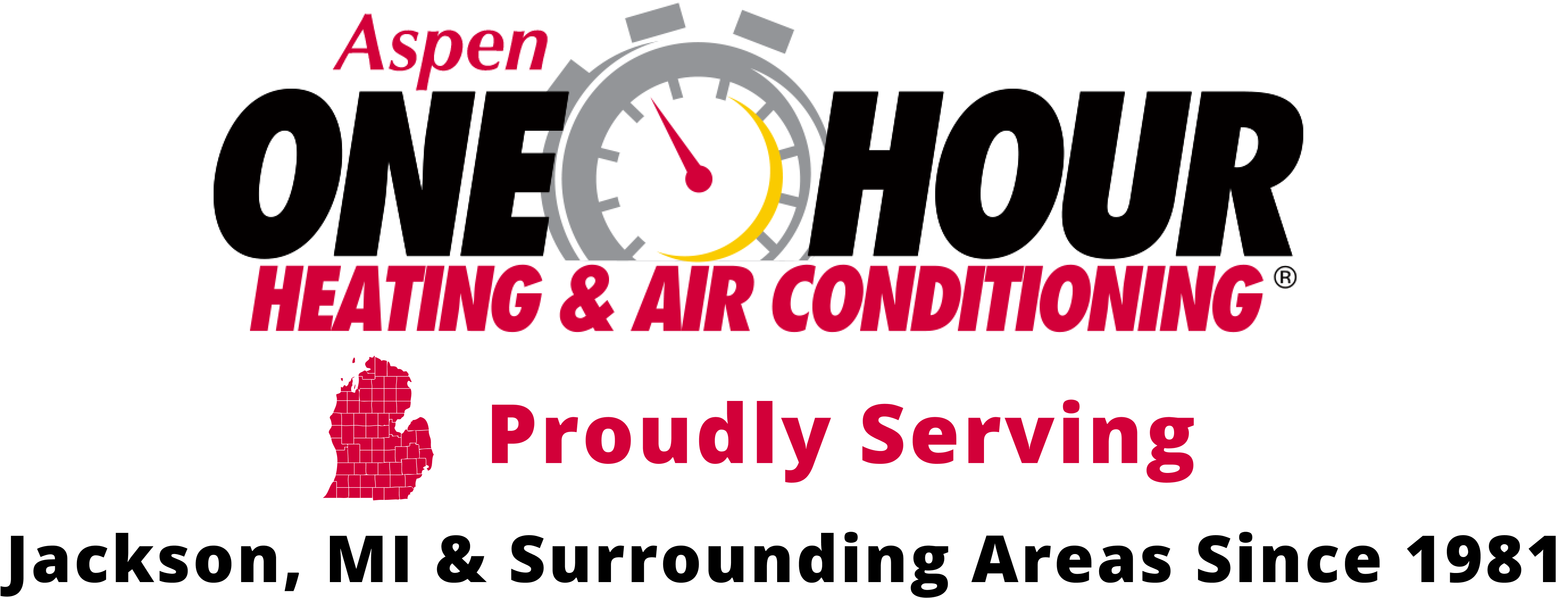When it comes to heating and cooling your home, there are various options available, each with its own set of advantages and drawbacks. One option that has been gaining popularity in recent years is the heat pump.
But what exactly is a heat pump, and is it the right choice for your home? This blog will explore the basics of heat pumps, their benefits and drawbacks, and help you determine if they are suitable for your specific needs.
So what exactly is a Heat Pump?
A heat pump is a versatile device that can provide both heating and cooling for your home. It works by transferring heat from one place to another, depending on the season.
During the winter, it extracts heat from the outside air (or ground, in the case of geothermal heat pumps) and transfers it indoors to warm your home.
Conversely, in the summer, it removes heat from your indoor air and releases it outside, effectively cooling your home.
Types of Heat Pumps
- Air-Source Heat Pumps:
- These are the most common type of heat pump and are relatively easy to install. They transfer heat between your house and the outside air.
- Geothermal (Ground-Source) Heat Pumps:
- These systems transfer heat between your house and the ground. They are more efficient but also more expensive to install due to the need for ground loop installation.
- Ductless Mini-Split Heat Pumps:
- Ideal for homes without ductwork, these systems have an outdoor compressor and one or more indoor air-handling units.
Benefits of Heat Pumps
- Energy Efficiency:
- Heat pumps are highly efficient because they move heat rather than generate it. This can result in significant energy savings, especially in moderate climates.
- Cost Savings:
- Due to their efficiency, heat pumps can reduce your energy bills. While the initial installation cost may be higher, the long-term savings on utility bills can make up for this over time.
- Versatility:
- Heat pumps provide both heating and cooling, eliminating the need for separate systems for winter and summer.
- Environmental Impact:
- Heat pumps produce fewer greenhouse gasses compared to traditional heating systems, making them a more environmentally friendly option.
- Consistent Temperature:
- Heat pumps provide a more uniform temperature throughout your home, enhancing comfort.
Drawback of Heat Pumps
- High Initial Cost:
- The upfront cost of purchasing and installing a heat pump can be higher than that of traditional HVAC systems, particularly for geothermal heat pumps.
- Performance in Extreme Weather:
- Air-source heat pumps can be less efficient in extremely cold climates, requiring a backup heating source.
- Installation Complexity:
- Installing a geothermal heat pump involves significant ground excavation, which can be disruptive and costly.
- Electricity Dependency:
- Heat pumps rely on electricity to operate. In areas with high electricity costs, this can offset some of the energy savings.
Is a Heat Pump Right for Your Home?
To determine if a heat pump is the right choice for your home, consider the following factors:
- Climate:
- Heat pumps are most efficient in moderate climates. If you live in an area with mild winters and summers, a heat pump could be a perfect fit. In colder regions, a dual-fuel system combining a heat pump with a furnace might be more effective.
- Home Insulation:
- Proper insulation is crucial for maximizing the efficiency of a heat pump. Ensure your home is well-insulated to prevent heat loss.
- Budget:
- Consider your budget for both the initial installation and ongoing operating costs. While heat pumps can save money in the long run, the upfront cost is higher.
- Space for Installation:
- For geothermal heat pumps, you’ll need sufficient outdoor space for the ground loops. Air-source heat pumps require space for the outdoor unit.
- Energy Costs:
- Compare the cost of electricity in your area with the cost of other fuels like natural gas or oil. This will help you gauge the potential savings.
Conclusion
Heat pumps offer an energy-efficient and versatile solution for home heating and cooling. While they come with higher initial costs, their long-term savings and environmental benefits make them an attractive option for many homeowners.
By assessing your climate, home insulation, budget, and energy costs, you can determine if a heat pump is the right choice for your home. For personalized advice and installation, consulting with a professional HVAC company like Aspen Heating and Cooling can help you make an informed decision tailored to your specific needs.
Contact us today to request an estimate for a heat pump installation. Financing options available with approved credit!

